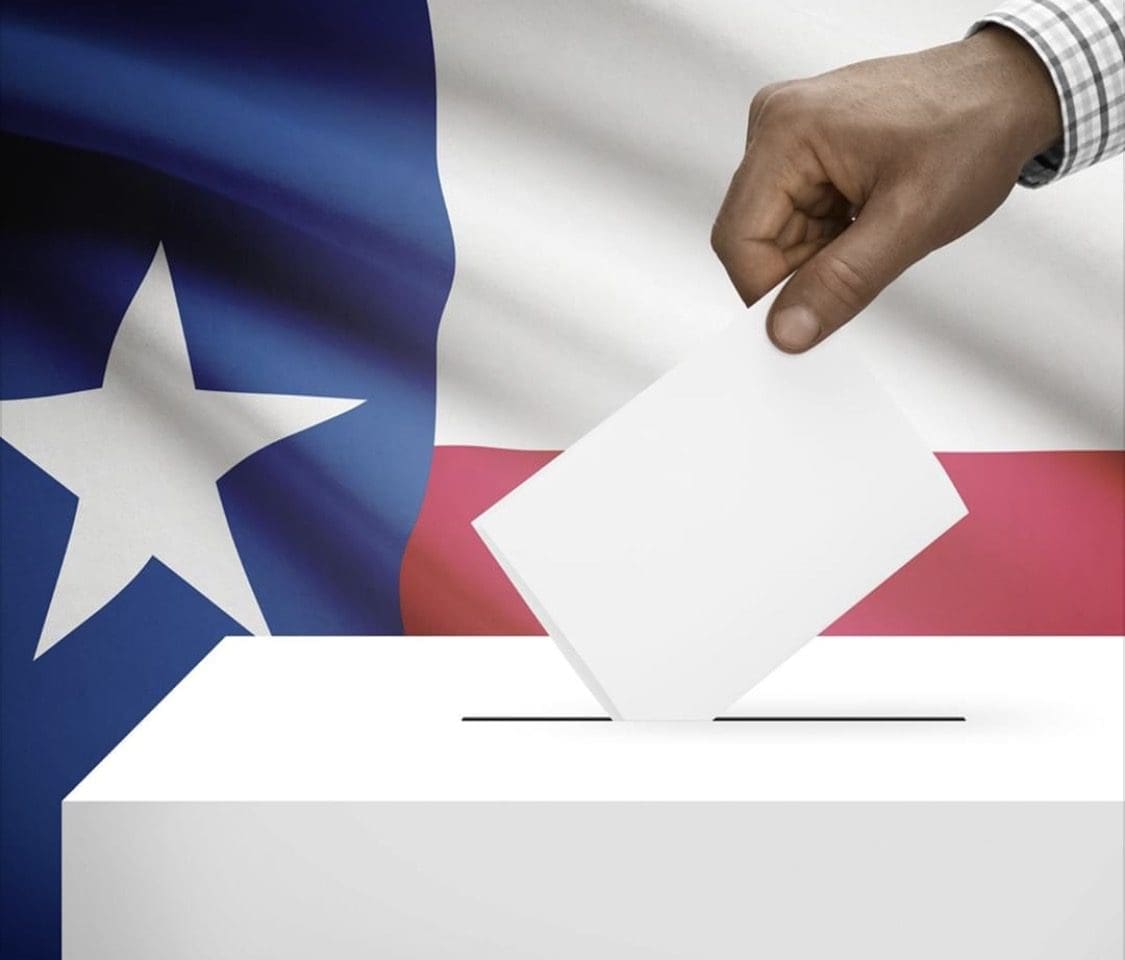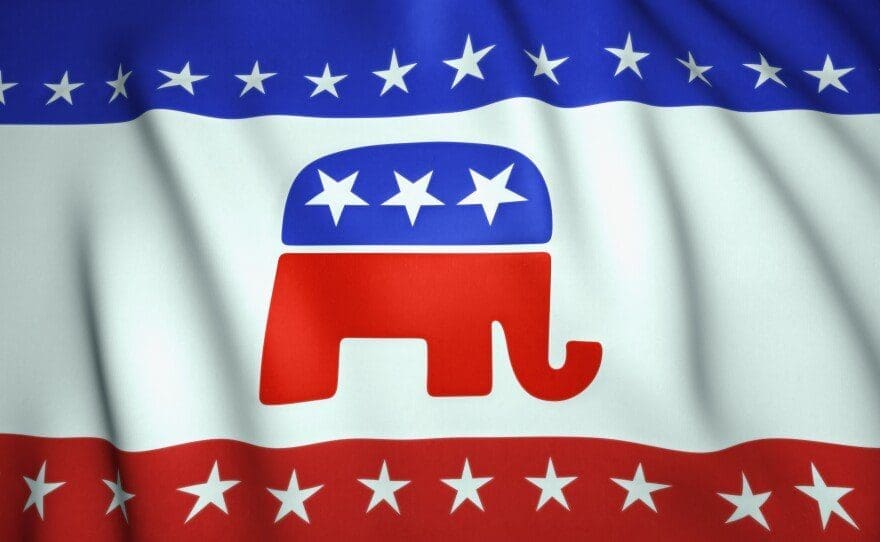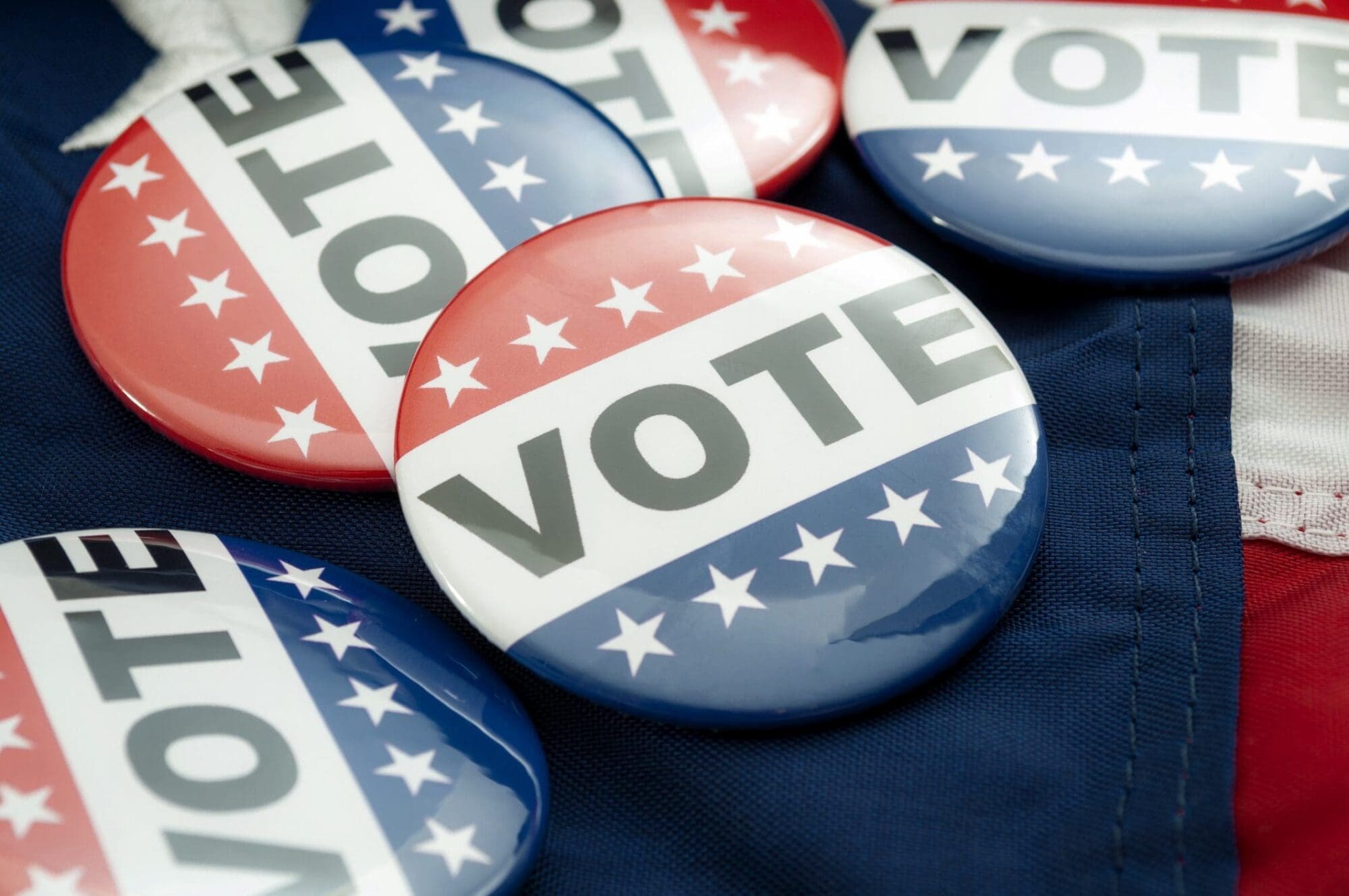Texas is the latest state to enact a law prohibiting the use of private money to administer elections, keeping outside cash from influencing how future elections are run.
But a left-leaning foundation has already rushed $1 million to Harris County’s elections administrator before the new law takes effect.
The ban is considered a key election integrity reform, after millions in third-party funds from Facebook founder Mark Zuckerberg (known as Zuck Bucks or Zuckerbucks) were funneled to select local election offices last fall as part of a Democrat-led “shadow campaign” to influence the presidential election.
The new phenomenon had an unprecedented impact on voting in 2020.
On Saturday, Texas Gov. Greg Abbott tweeted he had just signed a law banning Zuckerbucks in Texas:
It bans private groups like the one supported by Zuckerberg from spending millions to administer elections like Zuckerberg & others did in Texas. That is a government function not to be messed with by election influencers.
I just signed a law banning "Zuckerbucks" in Texas.
It bans private groups like the one supported by Zuckerberg from spending millions to administer elections like Zuckerberg & others did in Texas.
That is a government function not to be messed with by election influencers.
— Greg Abbott (@GregAbbott_TX) June 12, 2021
The new law, House Bill 2283 by State Rep. Phil King (R–Weatherford), prohibits county officials from accepting private third-party contributions of more than $1,000 for the purpose of administering elections, unless approved by the secretary of state, governor, lieutenant governor, and speaker of the house.
“The intent of the bill is to stop cash from coming in,” King said. “When money flows in from outside sources, it’s just rife for corruption from all sides.”
In 2020, county election administrators across Texas received over $36 million in outside cash from Zuckerberg, in the form of grants to “promote safe and reliable voting” during the Chinese coronavirus outbreak.
The Texas grants were part of $400 million Zuckerberg funneled to local election offices nationwide, primarily through the Center for Tech and Civic Life, a nonprofit run by Obama-era Democrat political operatives who doled out the cash.
In Texas and elsewhere, the huge cash infusions boosted budgets of select election offices, funding the donors’ preferred voting processes and skewing turnout and results.
While grants financed by the social media mogul went to almost half the state’s 254 counties, the bulk of Texas Zuck Bucks went to election offices in Dallas and Harris—Democrat-dominated counties that account for almost a quarter of all registered voters in the state.
Dallas County received $15 million, the single largest grant awarded and more than double the annual budget of the county’s elections department. Harris received $9.6 million.
Former Dallas County Elections Administrator Toni Pippins-Poole served on the CTCL advisory committee at the time the grants were approved.
“Because states didn’t have the policies in this bill, one billionaire was able to play an outsize role in election administration in almost every single state,” said Alli Fick with Opportunity Solutions Project, testifying in favor of HB 2283. “These grants were touted as meeting the challenges presented by COVID-19, but much of it went to non-COVID items like social media advertising.”
Harris County’s election officials used some of their Zuck Bucks to set up “drive-thru” voting and 24-hour voting—makeshift procedures used temporarily during COVID that Democrats hope to make permanent. Counties also used the extra cash to boost mail-ballot voting, a process more vulnerable to fraud and manipulation that Democrats want to make universal, and on general “voter outreach” messaging.
Several other states have also passed prohibitions on using private money to administer elections, including Arizona, Florida, Georgia, Idaho, North Dakota, and Tennessee.
Texas’ new law takes effect September 1.
At least one organization has rushed to beat the deadline for giving cash to local election offices.
Last week, the left-leaning private foundation Houston Endowment announced a $1 million grant to Harris County’s Elections Administrator, which county commissioners immediately approved.
Election integrity was a priority for grassroots conservatives this legislative session, after lawmakers failed to pass proposed election reforms in 2019. Republican Party of Texas delegates chose election integrity as their top legislative priority for 2021, though Zuck Bucks hadn’t become an issue prior to the party’s summer 2020 convention.
Lawmakers sent a handful of other key election integrity bills to the governor’s desk, but failed to pass advocates’ top-priority comprehensive election reform.
Abbott has said election integrity will be part of a special session agenda.





